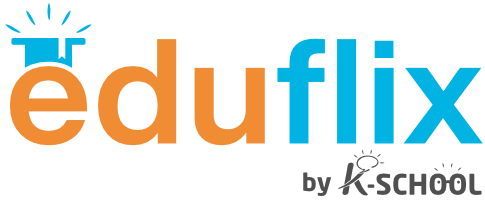Objective:
To develop students’ confidence and competence in delivering effective presentations and public
speeches, focusing on structure, delivery techniques, and audience engagement.
Lesson Outline:
- Introduction to Presentation Skills
Goals:
Understand the importance of effective presentation skills.
Identify key elements of a successful presentation.
Activities: - Class Discussion:
o Why are presentation skills important in various contexts (academic, professional,
social)?
o Share examples of memorable presentations and what made them impactful. - Video Analysis:
o Watch a short video of a well-delivered speech (e.g., TED Talk excerpt).
o Discuss elements like structure, tone, gestures, and audience connection. - Structuring a Presentation
Goals:
Learn the standard structure of a presentation (Introduction, Body, Conclusion).
Practice organizing ideas logically and clearly.
Activities: - Lecture/Explanation:
o Key components:
Introduction: Attention-grabber, purpose, and preview.
Body: Main points with evidence/examples.
Conclusion: Summary and call to action. - Organizing Task:
o Provide a jumbled outline of a presentation.
o Students work in pairs to rearrange it into a logical order.
- Homework:
o Draft an outline for a short presentation on a familiar topic. - Delivery Techniques
Goals:
Master effective delivery techniques: voice modulation, body language, eye contact.
Avoid common pitfalls like monotone speech or distracting gestures.
Activities: - Demonstration and Practice:
o Instructor demonstrates effective vs. ineffective delivery styles.
o Students practice delivering a short paragraph focusing on:
Voice clarity and volume.
Appropriate gestures and posture.
Maintaining eye contact. - Feedback Circle:
o Students take turns presenting to small groups.
o Peers provide constructive feedback using a checklist (e.g., Was the voice clear? Did
they engage the audience?). - Handling Nervousne
Goals:
Recognize and manage common presentation anxieties.
Learn techniques to build confidence.
Activities: - Class Discussion:
o Share common fears about public speaking.
o Discuss strategies like deep breathing, visualization, and preparation. - Quick Exercise:
o Guided breathing and visualization activity.
o Students visualize themselves delivering a successful presentation. - Audience Engagement
Goals:
Learn how to connect with the audience through questions, anecdotes, and interaction.
Understand the importance of adapting to audience needs.
Activities: - Interactive Lecture:
o Techniques for engagement:
Asking questions.
Telling relatable stories.
Using visuals effectively. - Role-Playing Activity:
o In pairs, one student plays the presenter, and the other plays the audience.
o The presenter practices engaging the audience while presenting a short topic. - Final Presentation Practice
Goal:
Apply all learned skills in a full-length presentation.
Activities: - Preparation:
o Students finalize their presentations (5-7 minutes) on a topic of their choice. - Presentation Delivery:
o Students present in front of the class.
o Peers and instructor provide feedback on structure, delivery, and engagement.
